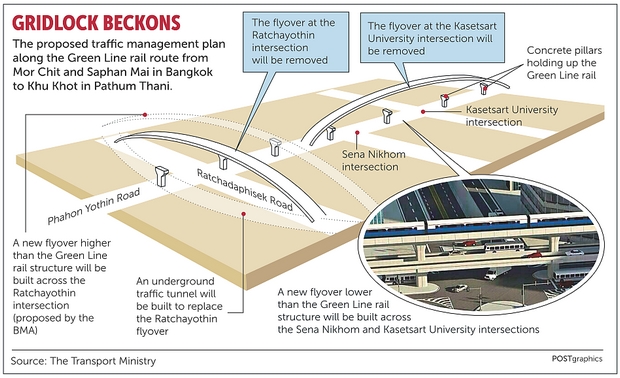Suntech wins supply contract for 44MW solar plant in Thailand
Bangchak Petroleum Public Company and Solartron Public Company, owners and operators of the solar project, selected Suntech to supply the panels.
The project, located just outside
“Renewable energy technologies are an integral component of Bangchak’s long-term development strategy,” says Anusorn Sangnimnuan, chief executive officer of Banchak Petroleum.
Sangnimnuan adds that the company has intentions to forge further partnerships with Suntech to develop more utility-scale solar projects in
Solar projects in
The country’s target to achieve 500MW capacity by 2022 was surpassed by about 500% from 2.97GW of committed and proposed projects.
Meanwhile, the Asian Development Bank (ADB) had in November 2009 projected that energy demand in Asia-Pacific will increase by about 2.4% a year for the next 20 years.
ADB also launched a solar initiative that will identify and develop large-scale capacity solar projects in Asia-Pacific that will generate some 3GW of solar power by 2012.
According to a Solarbuzz research,
“Strong economic growth witnessed in markets like
“The reality is that fossil fuels alone are unable to provide long-term energy security to meet the soaring demands of


